Newsletter Navigation:
Clicking on each title with navigate to that section in the newsletter

The September Resource Center In Action –
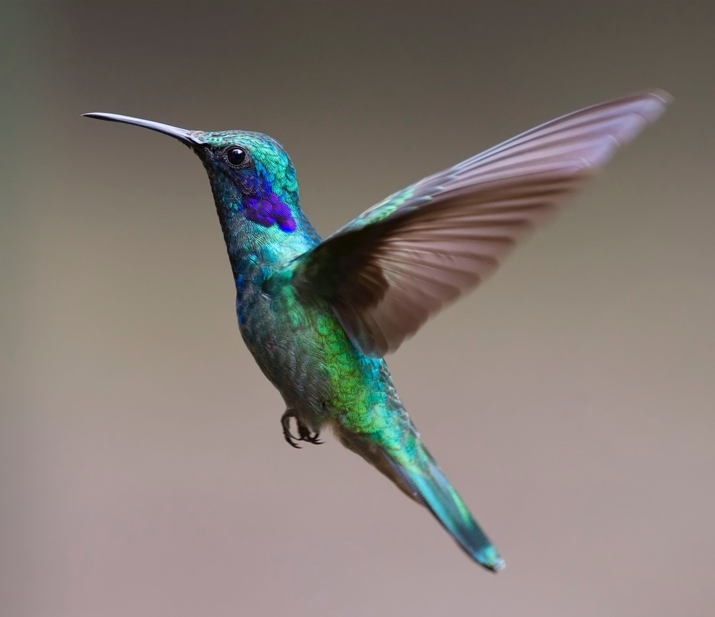
For September, we are very excited to share many updates in the Resource Center in Action section. Like every month, it’s been busy!
- IA2 had the honor of presenting to the Healthy Brain Initiative (HBI) and BOLD Grantees and various local, state, and tribal communities and organizations providing an overview of Tribal communities, historical context, the Indian Health System and best approaches for engaging with American Indian and Alaska Native people and communities.
- The team met with Dr. Bruce Finke from Indian Health Service (IHS), to discuss opportunities for collaboration. Dr. Soo Borson from the BOLD Center of Excellence on early diagnosis joined the call. A vital point Dr. Finke made was that mainstream is often not the model for Indian Country.
- IA2 staff were honored to be invited to participate in the Intellectual and Developmental Disabilities (IDD) Peer Webinar Series that included national advocacy organizations and direct service providers from across the country.
- IA2 also participated in both of the first round of Indian Country Echo Sessions. This will be a monthly series with sessions offered for Caregivers and Community staff and a second offering for clinicians from the I/T/U health system. To view past sessions or learn more about upcoming sessions click here.
- At the exact same time as the Indian Country Echo session, part of our Brain Health team participated in the National Indian Health Board’s learning collaborative. This month’s interactive sessions focused on stigma and dementia. Click to learn more about the collaborative.
- Staff were also excited and welcomed the opportunity to present to Title VI directors and staff about Alzheimer’s and dementia as well as the initiatives underway at our Center
- Last but not least on the webinar front, our team lead a discussion with Dementia Friends program leads from across the country providing an overview of the American Indian and Alaska Native Dementia Friends program adaptation undertaken by IA2 and the amazing team from University of Nevada Reno. Dementia Friends is a program designed to increase awareness, reduce stigma, and reduce dementia risk (in our latest adaptation) among tribes and urban-Indian communities. To learn more, click here.
- Have you seen our new website? It’s awesome! Mary Ann has been spearheading the effort to update, create new content, and fill our brain health resource library with resources by and for your communities, including a brand new “Caregiver” subsite. Annie has been working on a Dementia Friends subsite to serve as a portal for folks looking to become champions or find info sessions.
- Stop by our website today: www.aianBrainHealth.org and check out our brand new calendar of events.
- Our project’s Advisory Group and the Executive Committee convened this month the hottest topic was needs assessments!
- Our CDC Foundation project team is hard at work on activities that are a great complement to our Brain Health Resource Center work. With support from the CDC Foundation, IA2 is offering
>> respite care grants,
>> online support groups,
>> training for caregivers provided by UND,
>> and a new caregiving resource library!
IA2 continues to offer print-on-demand stipends of $250 for flyers and posters from the IA2, ASTHO, and National Council for Urban Indian Health (NCUIH) suite of materials developed with funding from the CDC.
Promising Practice: The Starting Point: Elders Teach Us How to Communicate about Brain Health
For Washington State University researcher Dr. Amanda Boyd, her life-long goal is to identify health risks, including for dementia, and effectively communicate them to the population. In Boyd’s case, that population started with the Inuit living in the Arctic Circle and is now expanding to Alaska Native and American Indian populations in the US more generally.
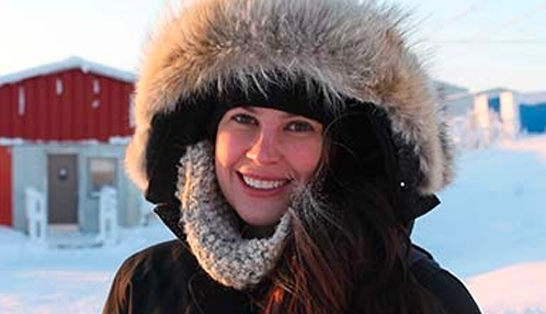
“My work aims to help communicate about the ways Indigenous people can stay healthy as they age. I try to understand what communities know about brain health, dementia, and traditional ways to stay healthy in my research. I build on this knowledge and find the most effective ways to communicate about health. Effective communication often means providing information in a culturally congruent manner that is clear and delivered by trusted sources.”
Dr. Boyd is a member of the Métis Nation of Alberta (Canada) and an Associate Professor of health, risk, and science communication. She takes great joy in blending her cultural heritage and professional knowledge to explore how Indigenous communities talk about and understand concepts like dementia, caregiving, and risk factors. Dr. Boyd works with Inuit residing in the Arctic to learn from and create relationships with community members. “Open and effective communication about health issues can be challenging. In part by historical or individual experiences, or by violations of tribal sovereignty by researchers,” says Boyd. “This can be compounded by cultural barriers, various ways of acquiring knowledge, and differing belief systems. It’s important to note that Elders have passed on much knowledge about culture and traditions, as well as how to stay healthy. We have a lot to learn from our Elders about how to effectively communicate about health risks.”
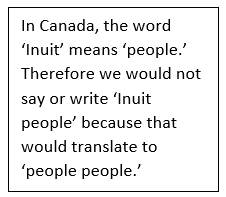 Boyd co-authored a study on Alzheimer’s disease knowledge among American Indian and Alaska Native people. Boyd and colleagues found that higher scores on the standardized Alzheimer’s Disease Knowledge Scale (ADKS) were associated with education, not age. They also observed the lowest scores on knowledge regarding caregiving and risk reduction. Boyd and colleagues’ findings point to the need for educational resources for family members, who often serve in the caregiving role. Resources might include information on dementia stages, appropriate opportunities for family and caregivers to intervene with elders living with dementia, and when to seek help or additional treatment. Outreach and education on ways to reduce risk may serve as a stepping-stone to positive changes in behavior. Notably, this was the first study to use the ADKS tool among American Indian and Alaska Native populations (see more below).
Boyd co-authored a study on Alzheimer’s disease knowledge among American Indian and Alaska Native people. Boyd and colleagues found that higher scores on the standardized Alzheimer’s Disease Knowledge Scale (ADKS) were associated with education, not age. They also observed the lowest scores on knowledge regarding caregiving and risk reduction. Boyd and colleagues’ findings point to the need for educational resources for family members, who often serve in the caregiving role. Resources might include information on dementia stages, appropriate opportunities for family and caregivers to intervene with elders living with dementia, and when to seek help or additional treatment. Outreach and education on ways to reduce risk may serve as a stepping-stone to positive changes in behavior. Notably, this was the first study to use the ADKS tool among American Indian and Alaska Native populations (see more below).
“Our work uses community-based participatory research principles, common in public health, which can teach us a great deal,” explains Boyd (see more below). “Our results may indicate that caregiving is done by family members and is not seen as a distinct activity. Finding these cultural understandings or reasons behind what American Indian and Alaska Native communities know about Alzheimer’s disease risk has given me a starting point for further collaboration and work.” Boyd adds, “I am hopeful that COVID subsides, and we can get back to our community and cultural gatherings so that the old and young can be together. Helping us celebrate our resilience once again.”
Tribal Outreach Video – A Project of the UW Alzheimer’s Disease Research Center and Partnerships for Native Health
About the ADKS Assessment Tool
Boyd and colleagues used the Alzheimer’s Disease Knowledge Scale (ADKS) which is designed for use with different groups, from community members to health-care professionals. There are 30 questions that cover seven areas including: life impact, risk factors, treatment and management, assessment and diagnosis, caregiving, symptoms, and disease course for Alzheimer’s disease.
Click to read more about the ADKS and study findings.
About Community Based Participatory Research
“Community-based participatory research adds to or replaces academic and other professional research with research done in partnership with community members so that research results both come from and go directly back to the people who need them most and can make the best use of them.”
Click to learn more about community-based participatory research.
Advisory Council Feature – Wes Martin
We are honored to feature Wes Martin as this month’s Advisory Council Member Feature. Wes Martin is a proud member of the Oneida Nation and the Great Lakes Native American Elder Association president. After completing the University of New Mexico’s law program, in 1980, Wes dedicated himself to practicing law in Indian Country. He worked on the reservation for over 35 years and has represented people in every tribal court in Wisconsin.
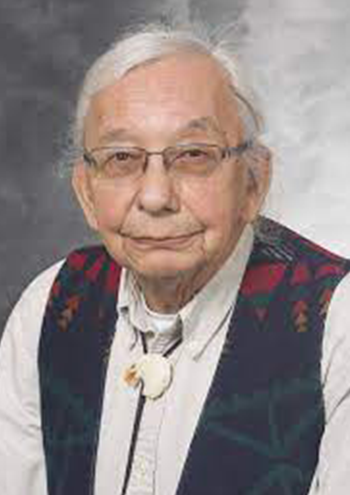
He began his work with Elders by serving as a chair with the Great Lakes Tribal Council. In this position, he partnered with Elders of the Great Lakes region and doctors from the University of Wisconsin who were working on an Alzheimer’s project. Martin noticed that there was very little information available about Alzheimer’s disease for Native Americans in Wisconsin. These events led Martin to become involved with some national organizations in Duluth, Minnesota and started working with Dr. Joseph Neil Henderson.
When asked why he joined IA2’s Brain Health Advisory Council, Martin shared that he had worried about his brain health when he started to struggle to remember the names of his long-time friends. Martin began to look for information regarding aging and could not find any resources and learned that the clinics on the Wisconsin reservations had hardly any programs to deal with Alzheimer’s. When IA2’s executive director asked if Martin would join the Advisory Group, Martin was thrilled to help spread awareness and information about Alzheimer’s.
When asked what success looked like for this initiative, Martin responded;
“Success would be to reach as many Native Americans as possible with information,” Martin stated that a coordinated effort is needed to be successful. The cultural differences between Alzheimer’s and dementia for Elders are essential to consider when creating information resources.
Brain Health & Caregiving Resources
New Resources Available to View and Print
The International Association for Indigenous Aging has several new resources for caregivers available HERE! The resources promote self-care, stress management, and brain health for caregivers and were created with a color and black and white option to allow users to easily print them off on regular printer paper.
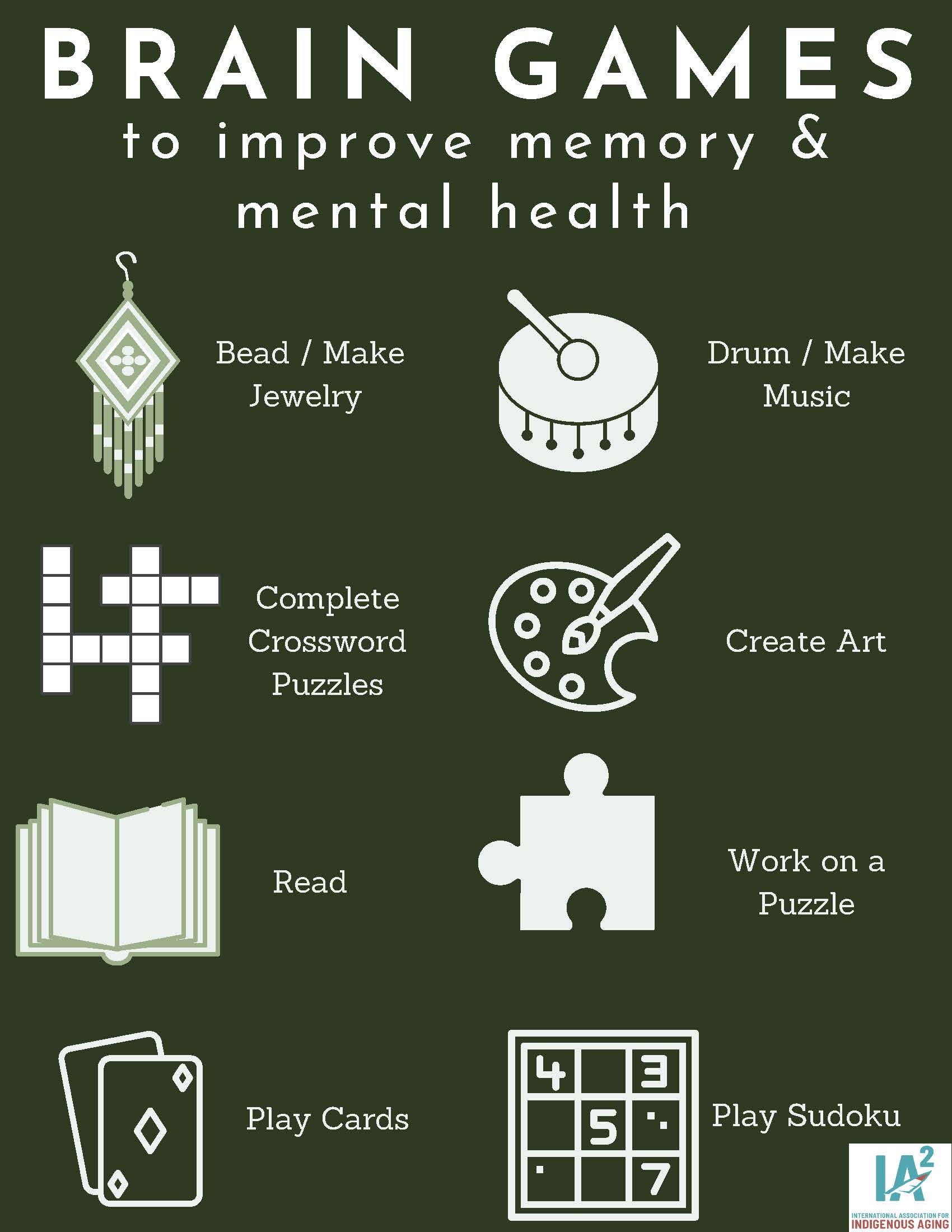
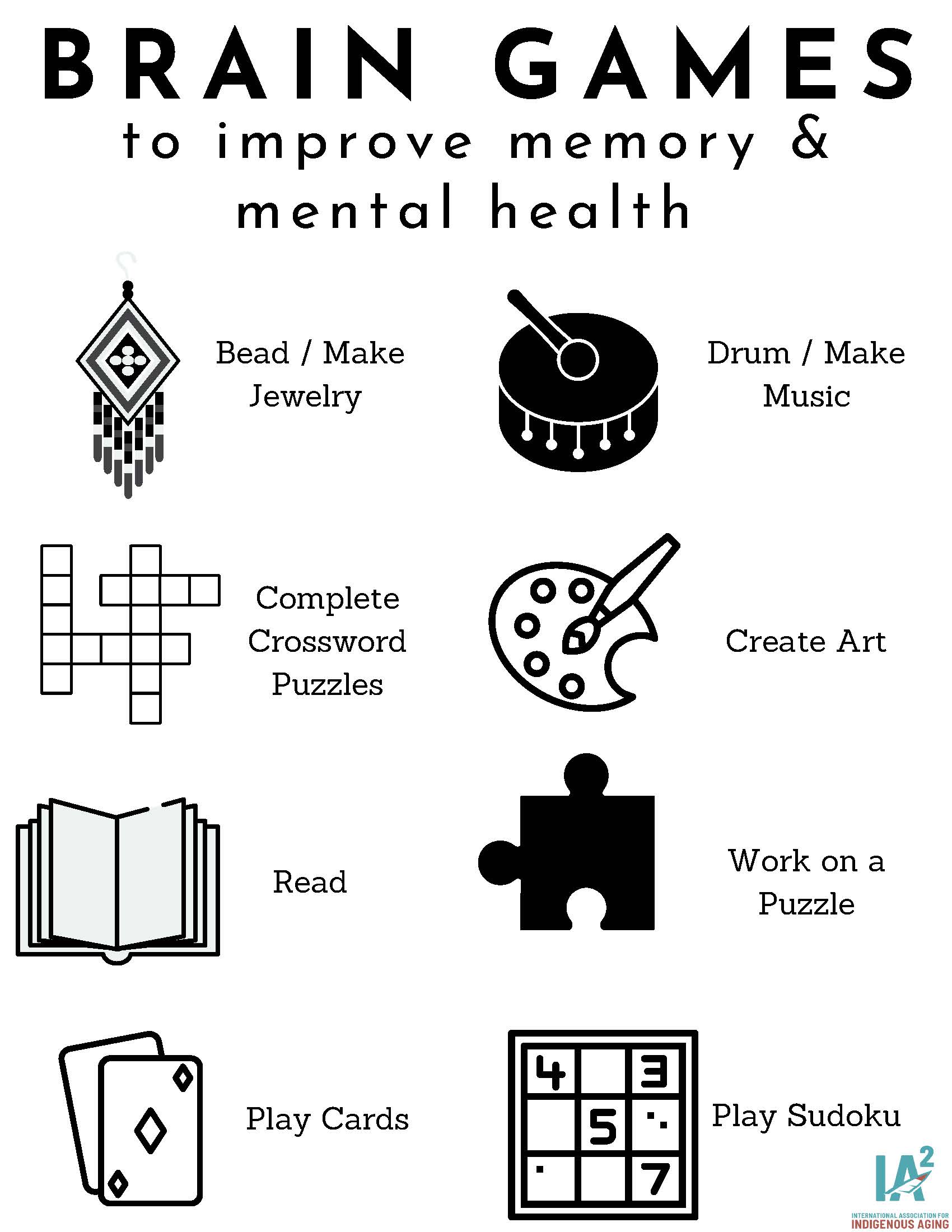
Respite Care and Virtual Support Groups Available for Families of those with Memory Issues – Apply Now!
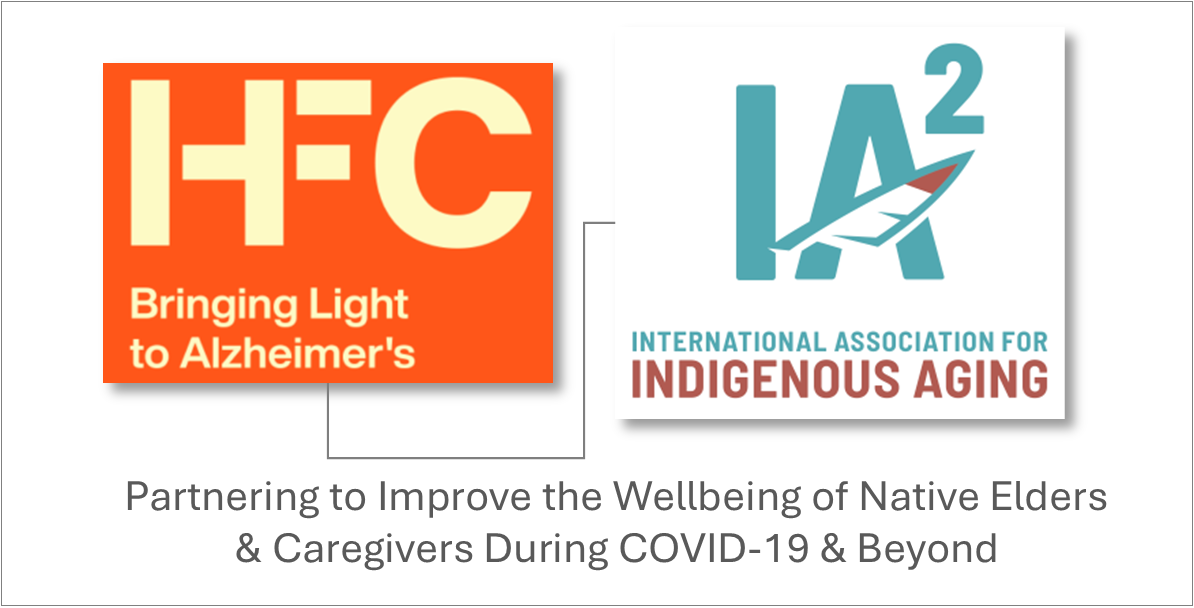
IA2 in partnership with HFC (formerly Hilarity for Charity) is able to offer respite grants and virtual support groups for American Indian and Alaska Native caregivers and family members, with funding from the CDC Foundation. The grant ends November 30th, so help your neighbors and clients apply TODAY.
Respite Care Grants for people living with dementia or worsening memory issues. IA2 & HFC can fund 25 “Recharge Respite Grants” of $1250 each (50 hours) for American Indian and Alaska Native families. These grants do not require a formal diagnosis of dementia or Alzheimer’s rather an attestation to dementia-like symptoms or worsening memory issues. Families must live in a Home Instead service area. To learn more or to apply for the Respite Care Grants click here.
Online caregiver support groups for caregivers and family of people living with dementia or worsening memory issues. Starting soon a pilot of online caregiver support groups will be rolled out. Support groups are designed for American Indian and Alaska Native families and care partners for people living with memory loss or other cognitive issues or dementia-like symptoms. Several licensed counselors who are either tribally-enrolled or have experience working with American Indian populations are lined up and ready to start. Help us get these groups started by spreading the word. To learn more or to submit interest in participating in the Online Support Groups for caregiving people with memory or other cognitive issues, click here.
Native Elder Caregiver Curriculum (NECC) training is coming in October for formal (paid) caregivers, community health workers, I/T/U staff, and elder advocates. IA2 will collaborate with the National Resource Center on Native American Aging (NRCNAA) to bring virtual interactive trainings on the NECC to tribal and urban Indian health staff. The NRCNAA training team, led by Dr. Karen Semmens, will train tribal Community Health Representatives and aging services staff on their Native Elder Caregiver Curriculum (NECC). The curriculum is notably one of only two interventions available specific to American Indian caregivers. They are also finalizing work on an online family caregiver training module. Visit the IA2 website to learn more about the Native Elder Caregiver Curriculum training dates, for a link to registration, or to sign up for our brain health e-news here: https://iasquared.org/mailing-list/ |
Supportive Listening &
Cognitive Resilience
Research suggests a specific form of social support—supportive listening—helps enhance cognitive resilience.
According to study results published in JAMA Network Open, people who can count on the availability of a supportive listener tend to perform better than expected cognitively, despite having age- and disease-related changes in brain volume.
The study also suggests considering targeted, specific forms of social support for inclusion in psychosocial interventions or related public health strategies to promote neurocognitive health.
For more information and resources about caregiving visit the IA2 caregiving site here.
NICOA Highlights Social Isolation, Loneliness Among Elders
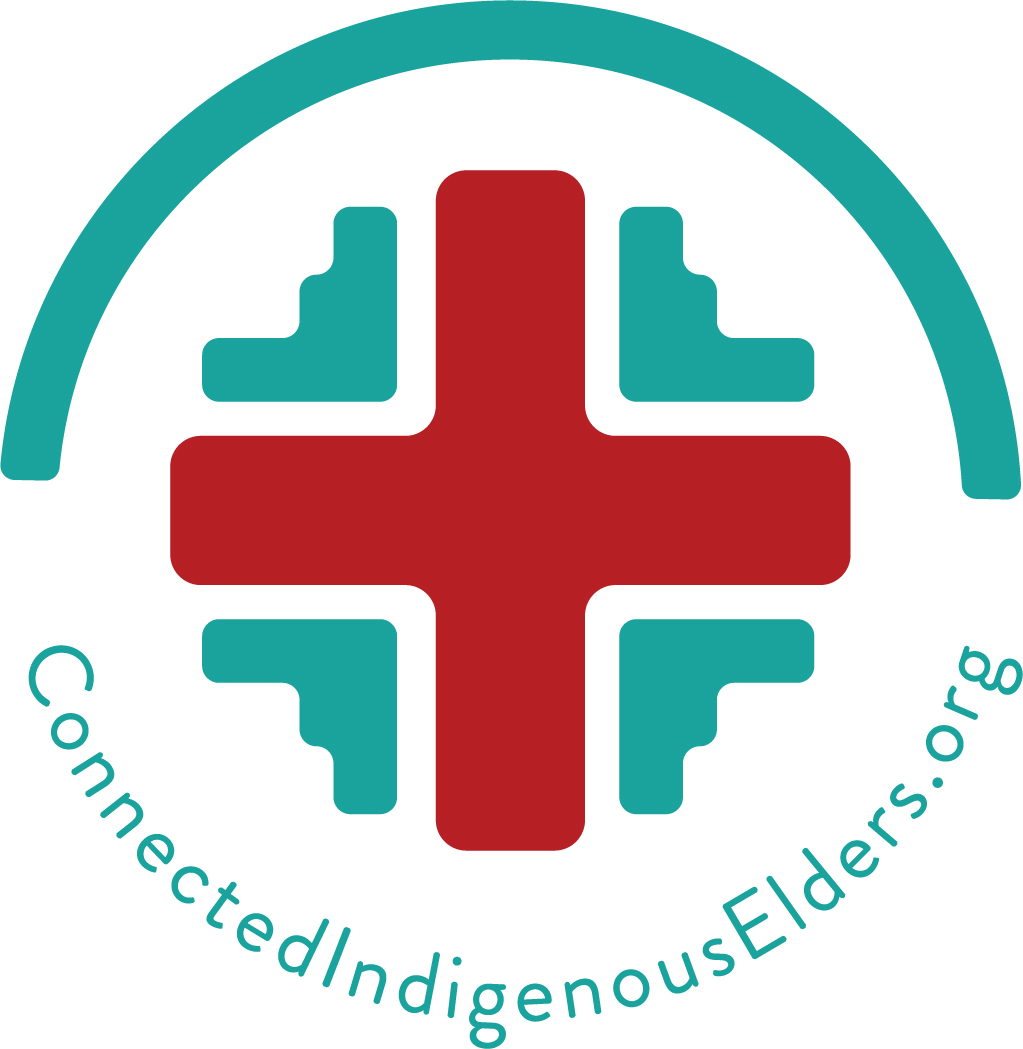
“We know that elders who are socially connected live longer, have less health problems and can have some protection from mental health issues such as dementia and Alzheimer’s,” NICOA Executive Director Larry Curley said. “Our elders are our culture and language keepers – they are the foundation of our communities.”About one-fourth of elders 65 and older are considered to be socially isolated. Elders are at increased risk for loneliness and social isolation because they are more likely to face factors such as living alone, the loss of family or friends, chronic illness, and hearing loss, according to the Centers for Disease Control.One study showed that prolonged social isolation was as harmful as smoking 15 cigarettes a day and is more harmful than obesity.In addition to elders, the Connected Indigenous Elders campaign aims to reach caregivers, youth and tribal leaders to engage and remind them that they all play an important role in our elders’ mental well-being and physical health.
Looking to address the issue of social isolation and loneliness among American Indian and Alaska Native elders, the National Indian Council on Aging (NICOA) launched a national campaign this month to educate Native families about the health concern and offer resources.
For more information on the #ConnectedIndigenousElders campaign, go to www.connectedindigenouselders.org. To view or listen to the PSAs or download photos, click here.
Featured Resources & News
Connect & share with other American Indian and Alaska Native communities.
Contact us to share Alzheimer’s disease, dementia, and brain health community news, resources, information, and promising practices happening in your community or others.
Brain health e-News for and by American Indian and Alaska Native communities.


[…] Click here to read the full Brain Health E-news, or click here to go to our homepage to learn more about our upcoming events, and what we’ve been doing to help American Indian and Alaska Native communities address brain health, Alzheimer’s and dementia this past month […]